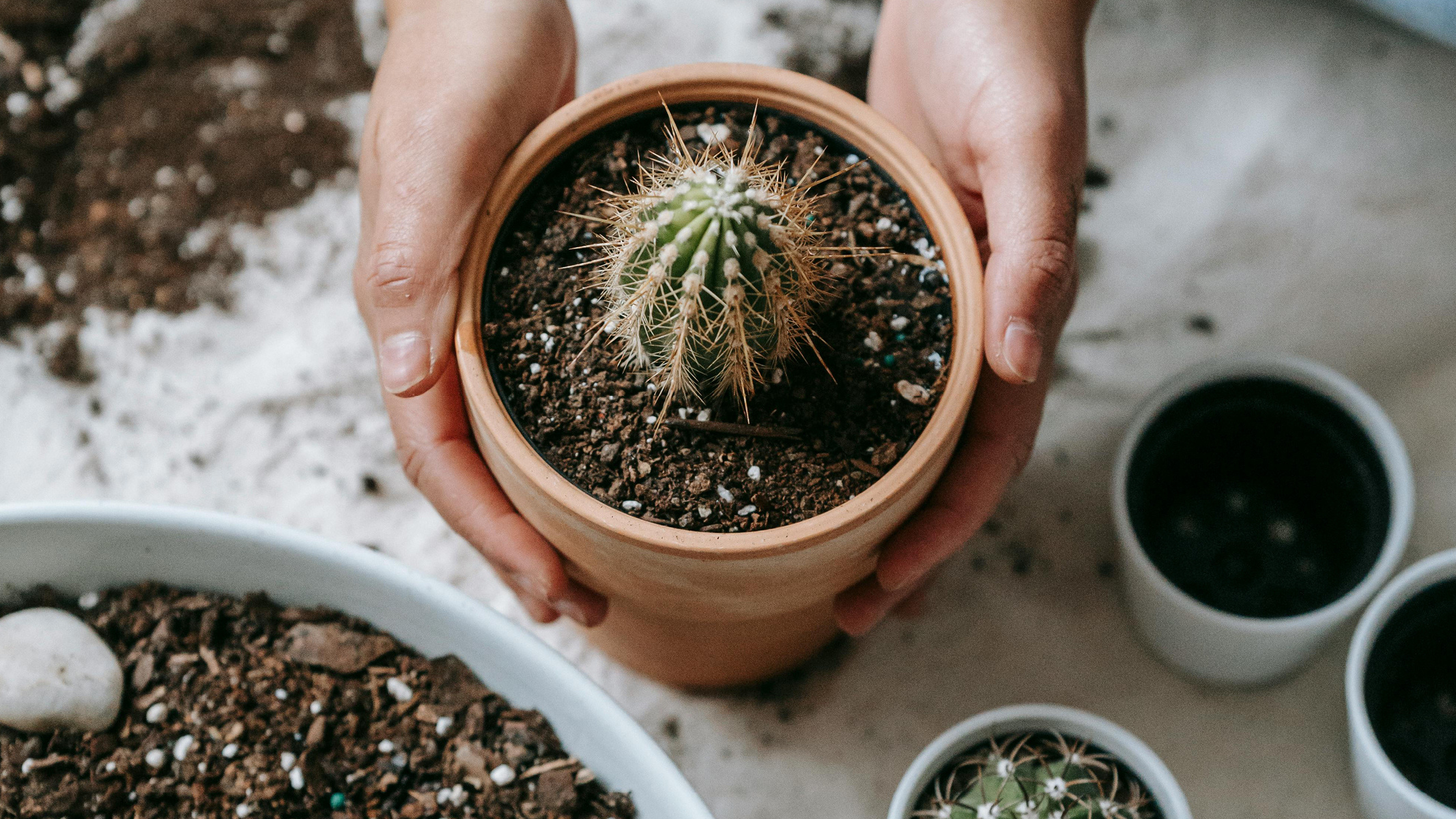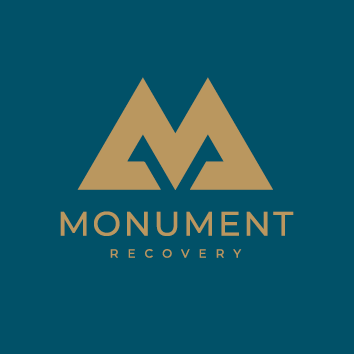Loving Yourself First: Why Self-Compassion Is a Key Part of Addiction Recovery
overcoming shame in recovery • Written by: Monument Recovery

Most people who are caught up in the spiral of addiction aren’t exactly full of compassionate self-love. More often there is a lot of self-loathing, shame, and guilt. “I can’t believe I let it get this bad.” “Why can’t I just figure this out and get my life together?!” Sound familiar? You’re not alone. A huge part of recovery is learning how to stop beating yourself up and start treating yourself with kindness.
This isn’t just some feel-good self-help mantra—it’s a core part of the healing process. “Self-compassion helps reduce shame and guilt,” says Bradley Wagner, Clinical Director at Monument Recovery. And shame and guilt? Those are some of the biggest roadblocks to getting and staying sober.
What Is Self-Compassion, Anyway?
Self-compassion is the practice of treating yourself the way you would treat a close friend—especially when you’re struggling. It’s about being kind to yourself instead of self-critical, recognizing that everyone makes mistakes, understanding that your struggles don’t define you, and letting go of the idea that you need to be perfect. Sounds simple, right? But if you’ve spent years drowning in negative self-talk, addiction, and guilt, it’s not always easy to flip the switch. The silver lining is that self-compassion is a skill you can learn—and one that can make a massive difference in your recovery.
How Self-Compassion Changes the Recovery Journey
Most people enter treatment carrying a ton of baggage—not just physically, but emotionally. Addiction thrives in shame. When you constantly tell yourself that you’re a failure, that you’ll never get better, or that you don’t deserve happiness, you’re reinforcing the exact thoughts and feelings that fuel addiction. That’s why learning to practice self-compassion is so powerful. “Clients learn to be kind to themselves instead of self-critical,” Wagner explains. It shifts your mindset from, “I’m broken” to “I’m healing.”
Early Recovery: Battling Shame & Guilt
In the beginning, self-compassion helps you face your past without drowning in it. Instead of getting stuck in shame spirals, you start seeing your addiction for what it is: a disease that can be treated, not a moral failing.
Mid-Recovery: Managing Setbacks Without Self-Punishment
Recovery isn’t a straight line. There will be days when you feel strong and others when you struggle. The key is learning that recovery isn’t about perfection—it’s about progress. Self-compassion allows you to acknowledge mistakes, learn from them, and move forward instead of spiraling into relapse.
Long-Term Recovery: Building a Healthy Relationship with Yourself
Over time, self-compassion helps you rewire the way you talk to yourself. It becomes second nature to treat yourself with kindness, which strengthens your ability to handle stress, setbacks, and life’s challenges without turning back to substances.
How to Practice Self-Compassion in Recovery
Now that you know why self-compassion is important, let’s talk about how to practice it.
Talk to Yourself Like a Friend
If your best friend was struggling, would you call them a failure? No way. “Healing requires treating yourself like you’d treat a friend,” Clinical Director Bradley Wagner says. So the next time you catch yourself in a negative thought loop, ask: Would I say this to someone I love? If not, reframe it into something kinder.
Practice Mindful Self-Compassion
Mindful self-compassion is a core practice in Dialectical Behavior Therapy, which is often used in addiction treatment. “Mindful self-compassion is a DBT practice,” Wagner notes. This means being present with your emotions without judgment. Instead of reacting to feelings with self-criticism, acknowledge them with curiosity and care.
Use Self-Compassionate Affirmations
It might feel cheesy at first, but words matter. Try replacing self-defeating thoughts with affirmations like: I am doing my best, and that is enough. I deserve love and healing. Progress, not perfection.
Journal Without Judgment
Write about your experiences and emotions without filtering them. Then, re-read your words with a compassionate lens. How would you respond if a friend wrote this? Practice that same kindness toward yourself.
Seek Support
Sometimes, we need others to remind us to be kind to ourselves. Therapy, support groups, and even close friends can help reinforce the message that you are worthy of compassion and healing.
You Deserve Your Own Kindness
Addiction recovery is tough, but you don’t have to make it harder by being your own worst enemy. Learning to practice self-compassion can help you break free from shame, build resilience, and create a recovery journey that isn’t fueled by self-punishment, but by self-care. Every small act of self-kindness is a step forward.
If you’re ready to start your journey, remember this: You deserve the same compassion you so freely give to others. Healing starts with loving yourself first.

